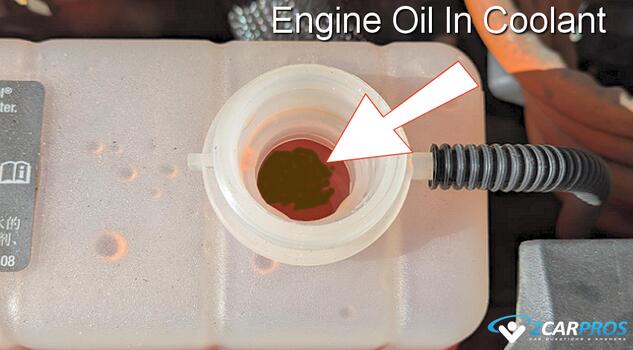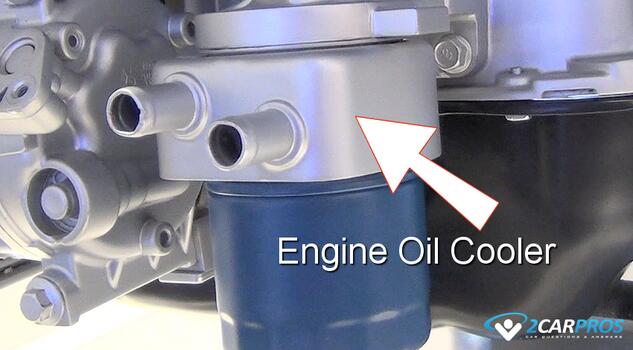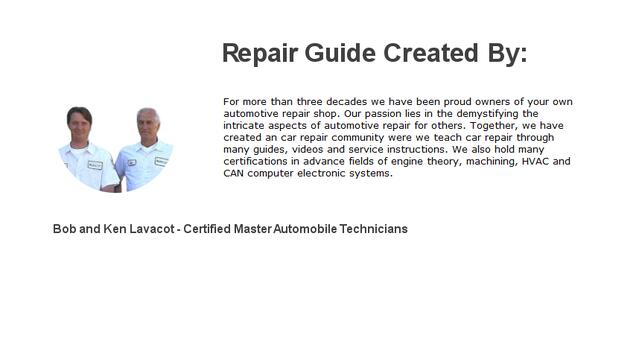Introduction
Finding engine oil in the radiator can be alarming, this is because the engine oil should never mix with the radiator coolant. You might have noticed this problem by simply checking the engine coolant level which will be above normal levels in some cases. This dark color is a sign there could be a serious problem inside the engine but not always, in this guide we will go over the causes of this issue.
Note: Never open the cooling system when the engine is hot, it is best to wait overnight before an inspection is performed.
Possible Causes of Engine Oil in the Radiator
1. By far the most popular cause of oil inside the radiator or reservoir is engine oil cooler, which can be located inside the radiator or near the engine oil filter. Although this is difficult to check, it's worth the effort to replace the cooler. Engine oil pressure is higher than the cooling system pressure, which allows the oil transfer while the engine is running. Depending on the nature of the leak, coolant can flow back into the engine oil in some cases once the engine is shut off. Here you can see the coolant hose connections which is how the engine oil is circulated into the cooling system.
2. The other alternative to the engine oil cooler is not that much fun because it involves major internal engine parts such as:
- Blown head gasket
- Cracked cylinder head
- Cracked engine block
Because pressurized engine oil is transferred throughout the engine via the oil passages, if there is a cylinder head or gasket failure (some engines) pressurized oil will be pumped into the cooling system. All engine blocks have pressurized oil running through them to lubricate various components such as the, crankshaft, camshaft and valve train and when a crack occurs the engine must be replaced.
Services Needed After Repairs
Engine oil will contaminate the cooling system which can warrant the replacement of the cooling hoses, after repairs have been completed is it best to flush out the cooling system which can take several heat cycles and system flushes to alleviate this issue.
Preventive Measures
To avoid oil contamination in the cooling system in the future:
- Perform regular maintenance, including oil and coolant changes.
- Avoid overheating the engine, as excessive heat can cause gaskets to fail.
Credits
This guide knowledge base was created by the 2CarPros Team, and by Ken Lavacot: Automobile repair shop owner and certified master automobile technician of over 30 years. If you have question or need help please ask one of our experts we are happy to help. Please visit our 2CarPros YouTube Channel.





